Announcements

Department of Anatomy
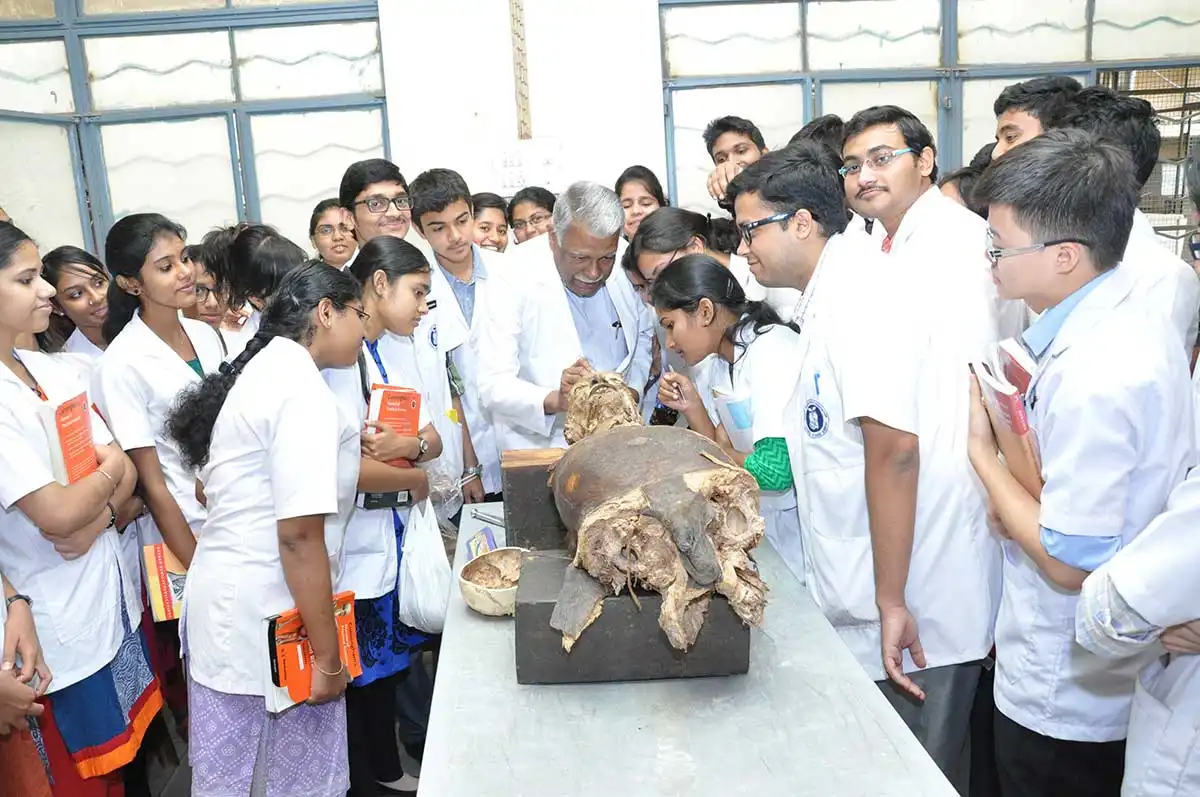
Anatomy is a branch of medicine that studies the structure of the Human body in Macroscopic & Microscopic and Developmental aspects. This branch specializes in various research aspect specifically genetic research, Cadaveric dissection, Histological study & Tissue processing.
Is to provide comprehensive knowledge to the students, of the gross & microscopic structure & development of human body to provide a basis for understanding the clinical correlation of structures involved. And to provide knowledge of anatomical basis for the disease presentation.
Department of Physiology
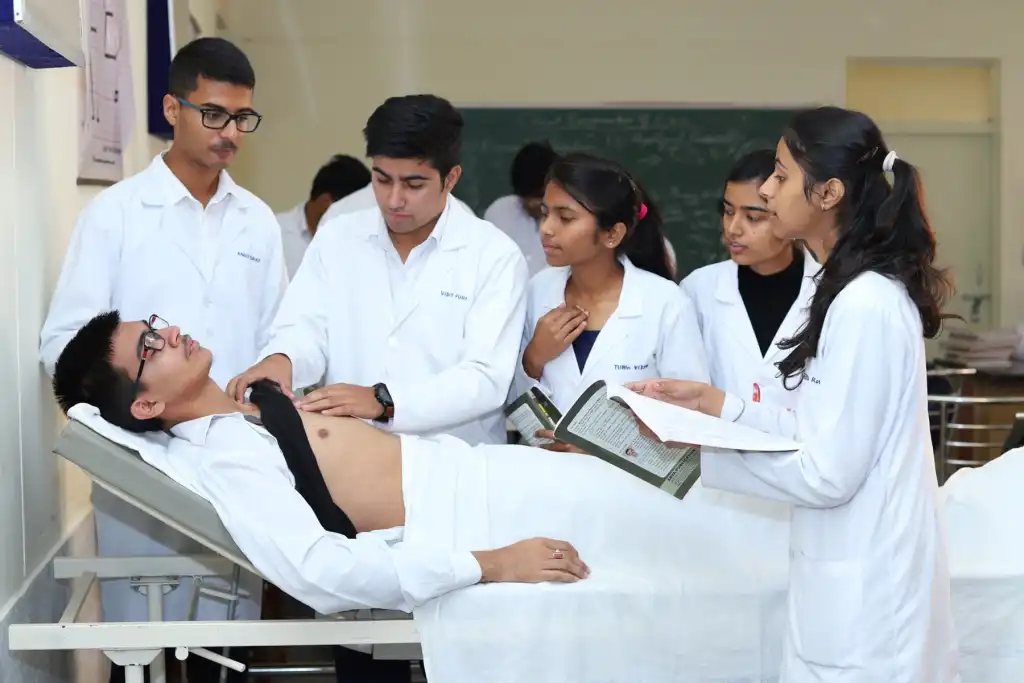
Medical Physiology is one of the basic subjects in Allied curriculum; it deals with the science and knowledge of normal function of human body. Modern human physiology deals with knowledge related to every aspect of body function; ranges from cellular level to the integrated systems functions.
The department of Physiology adopts a blended approach in imparting medical education which is open to newer concepts in medical education as well as retaining the time-tested teaching-learning principles. The departmental faculties have their expertise in areas like autonomic function testing, electrophysiology, exercise physiology.
Department of Pathology
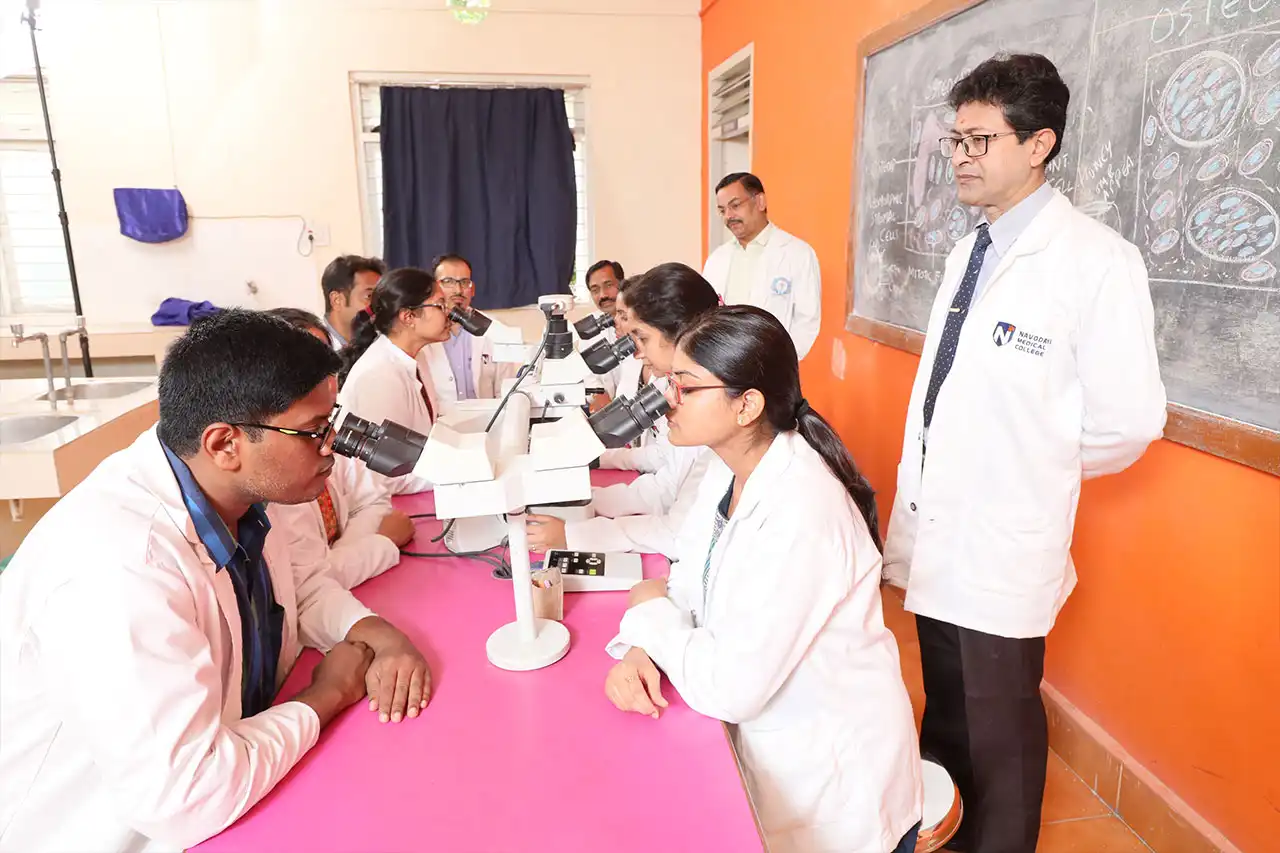
A Pathology Department is a unit which is managed as a separate entity by a CONSULTANT or non-medical scientist of equivalent standing which deals with DIAGNOSTIC TEST REQUESTS for pathology. The Pathology Department may consist of one or more Pathology Laboratories that may be located on one or more sites.
A wholistic knowledge of pathology will enable the medical students to treat patients rationally as well as to identify the pathological basis of disease process and the importance of diagnosing them at appropriate time and aid the clinicians in treating the patients.
Department of Biochemistry

The Biochemistry department seeks to determine how specific molecules such as proteins, nucleic acids, lipids, vitamins, and hormones function in such processes. Particular emphasis is placed on the regulation of chemical reactions in living cells.
Biochemists can work as research scientists in government research institutions and laboratories who engage in scientific research, publish papers, and contribute to cutting-edge discoveries. Government hospitals and research labs often hire biochemistry graduates as laboratory technicians.
Department of Microbiology
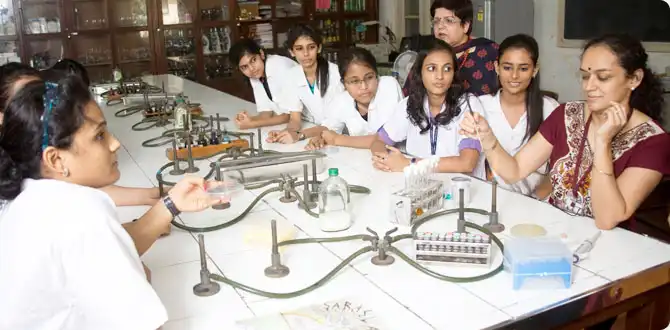
Microbiology is a discipline that involves the study of bacteria, viruses, parasites, fungi and immunology. The greatest achievements in medical science are attributed to developments in diagnosis, treatment and prevention of several diseases.
The department strives to explore the student-focused innovative pedagogy for the academic development of an individual. The department has easily-approachable laboratory facilities, and encourages the students for laboratory-based project work and other scholarly and innovative works thereby tailoring the teaching–learning system to meet the market needs.
Department of Pharmacology
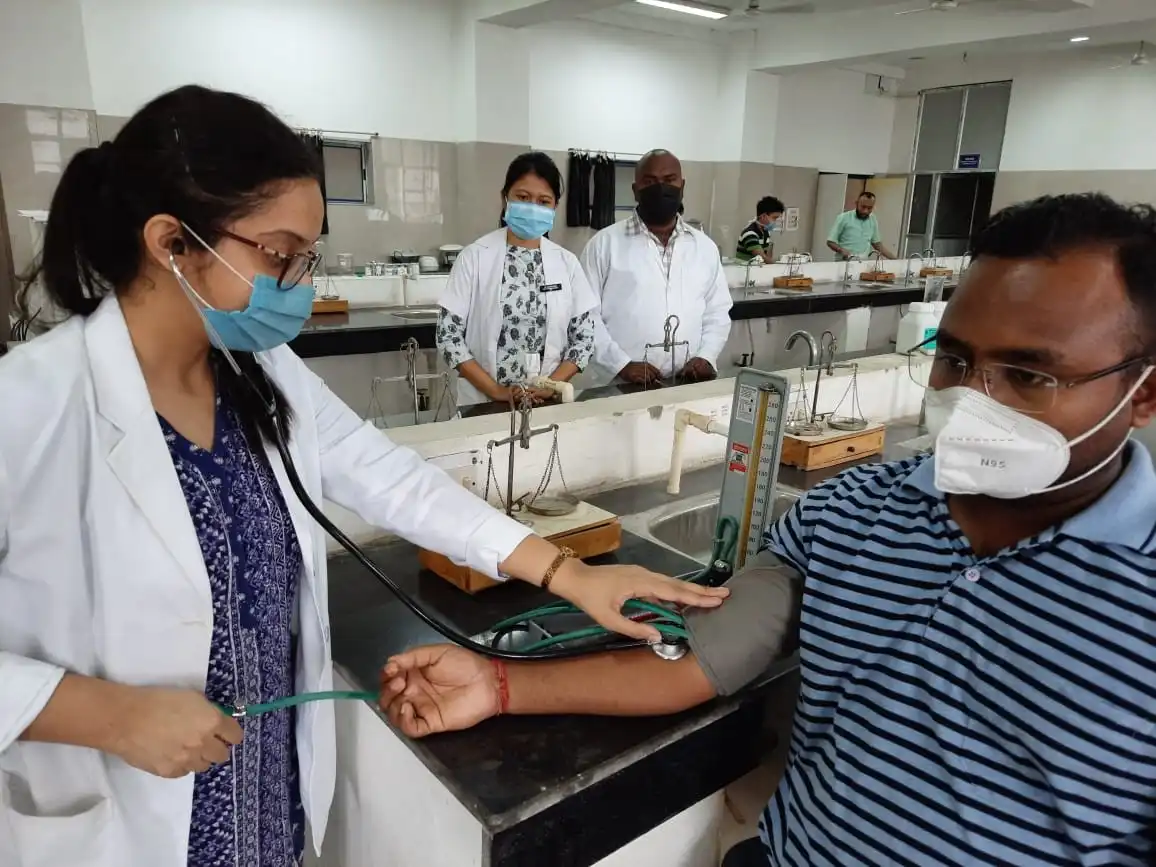
Pharmacology department is a para-clinical department which is actively involved in teaching and training MBBS students to use the medicines rationally. The department is equipped with latest technological innovations in teaching pharmacology.
The department is well equipped, has qualified, experienced faculty and is involved in academics, research and providing support services to hospital. A unique aspect of our department is the academia-industry interaction for postgraduate training. The department research profile has improved with faculty foraying into network pharmacology, lipidomics, pharmacoeconomics, prognosis research and collaborating with national institutes.
Department of Biophysics
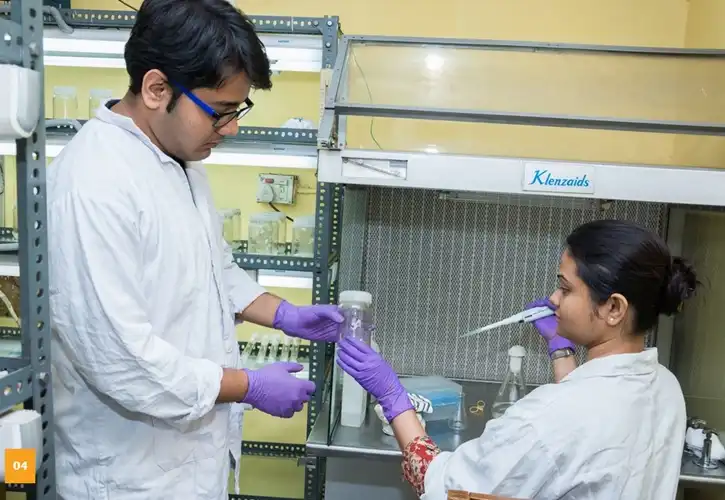
The department offers research opportunities in the areas of structural biology, bioinformatics, membrane biology and neurobiophysics (cognitive science) in general. The main research emphasis of the Department is in the area of theoretical biology and membrane biophysics e.g. ion channels and neurobiophysics. A special emphasis is given on learning, memory and computational neuroscience. The Department is equipped with electrophysiological set up (patch clamp and bilayer systems), which are the most sensitive tools to study such channels. The experimental work is supported by extensive mathematical and computational analysis, e.g. Mathematical modelling, Neural Network.
Other areas of active research are: enzymatic modulation of ion channel, e.g. phosphorylation, biological spectroscopy. The objective of structural biology work is to understand the structure-function-evolution relationship in proteins from various organisms, particularly extremophiles using various biophysical techniques like CD spectroscopy and X-ray crystallography. The department is also involved in research in the areas of metagenomics and molecular modelling. The thrust area of bioinformatics is genome and protein sequence analysis particularly in relation to function
Department of Cardiology (ECG, TMT, ECHO, TEE, HOLTER, CATH, AMBP)
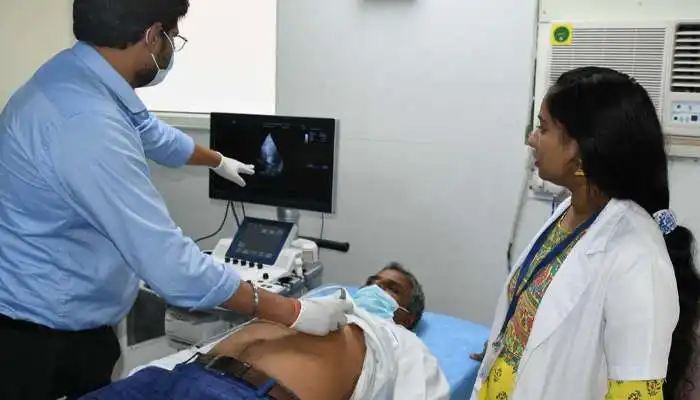
Cardiology is the medical speciality dealing with the diagnosis and treatment of diseases and disorders of the heart. Cardiologists are specialists in diseases of the heart. The biggest area of heart disease treated is coronary artery disease e.g. angina.
It covers everything from diagnosing and treating heart conditions to preventive care. Cardiologists use tools like ECGs, echocardiograms, and stress tests to assess heart health. They provide treatments such as medications, procedures, and surgeries to improve heart function and manage diseases.


